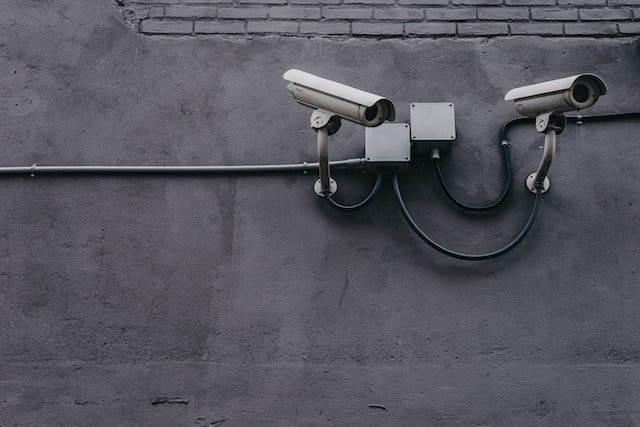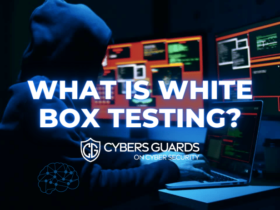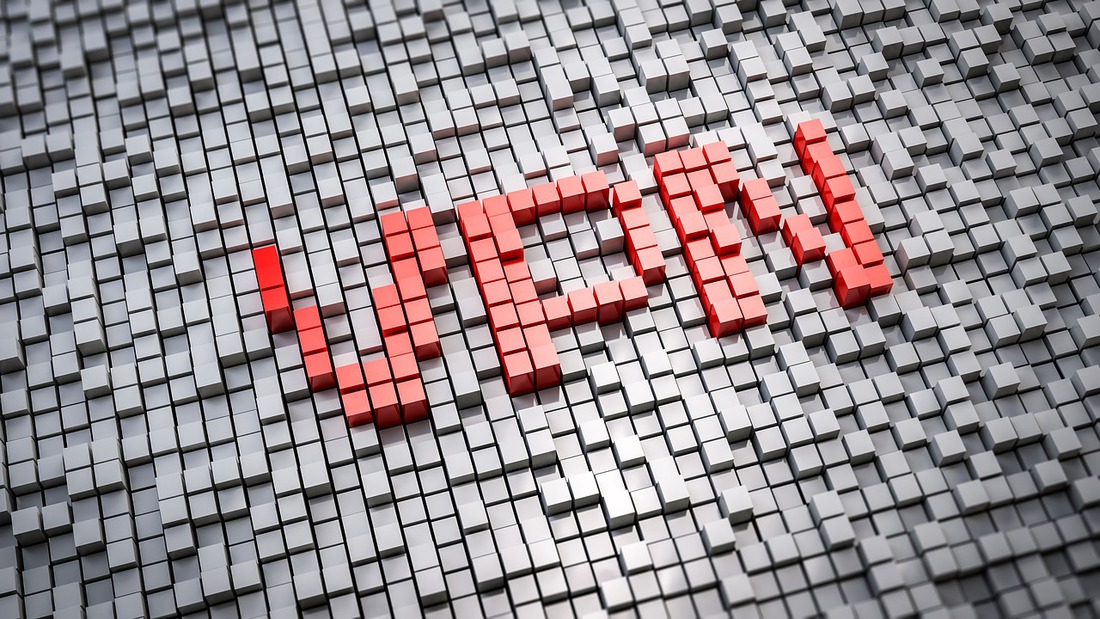With the growth of the internet posing questions surrounding copyright law we never could have foreseen, how does copyright interfere with cyberspace, and vice versa?

Original copyright laws emerged prior to the advent of the internet we know today. Because of this, the world of copyright law on the internet is a beast that almost can’t be tamed.
Copyright law solicitors will attest to the complicated nature of internet copyright laws, which encompass plagiarism, caching, and use of photos, amongst other things. The question is, how is copyright law affecting the cyberspace, and does it interfere with the dissemination of information?
Copyright and the Internet
The nature of the internet means that duplication of content and information is part and parcel of daily usage. Not only is information transmitted from domain to domain relatively freely, when it comes to the inner workings of search engines, there are further incidences.
Even when you’re browsing information at a computer, this may lead to the temporary creation of an unauthorised copy of the information in the RAM of the user’s computer. It’s certainly a complicated issue, which is aided in no part by the continual growth of the internet and technology.
The law has had to evolve to fit the ever-changing structure of the internet. Now, it’s thought that accessing a web page is not an infringement due to the temporary nature of the webpage copy.
However, the addition of AI content being thrown into the mix adds more questions surrounding the legal implications. Could AI servers whose content is used for business or content purposes become a legal minefield of copyright?
Then, there is the question of linking to other sources within your internet copy. Public access to linking to other web pages, and the implied consent of publishing your work in the public domain, is just part of what makes the internet the way it is.
There isn’t really a hugely clear answer surrounding the issue, making it rather confusing for us all.
Copyright and Cyber Attacks
There is also the question of how copyright law plays a part in cyber-attacks. The very nature of a cyber-attack involves the violation of privacy, and the obtainment of content that is not rightfully yours.
For example, a cyberattacker who obtains access to Intellectual Property and then uses this to profit or sell a product may find themselves in violation of copyright law, as well as GDPR.
The internet added another layer to this in that digital piracy has become rife. Although UK police are cracking down on illegal streaming, the wide access to downloading and sharing of copyrighted books, films, and music means it’s hard to pin down.
Copyright and National and Personal Security
In America, there are now additional questions surrounding whether copyright is not just a case of civil liability, but also a criminal offence, especially when it comes to national security.
AI, and other amazing technologies, have been crucial in medical and technological advancements. For example, vehicle software has become instrumental in developing and advancing cars to the point we see today. Eventually, it’s thought the cars will become self-driving.
Additionally, medical technology has become advanced to the point where implantable defibrillators are saving lives. But what happens when these fail? Vulnerabilities and bugs in car software and medical devices can put people’s lives at risks.
The problem is that DMCA copyright laws may be impacting the autonomy of researchers to fix these problems. New America says that “it was written so broadly, it has been used to outlaw a broad range of activities that Congress didn’t mean to interfere with…”
“It even interferes with independent security researchers working to identify vulnerabilities in computer software, including software operating in cars and on implantable medical devices.”
In terms of national security, there is the same issue of flaws in computing systems which need to be patched, but can’t.

Copyright and Cyberspace Are Intrinsically Linked
As you can see from this article, the realms of copyright law are incredibly complicated. Because our technological world is developing in such leaps and bounds, the laws are simply unable to evolve at the same speed. This poses issues not just for civil liability, but also for criminality.
What do you think of copyright laws in relation to cyberspace? Have they gone too far and have become too complicated, reducing the capacity for freedom of thought? Or does more need to be done to tighten the laws to protect peoples’ privacy, and maybe even their lives?










FIND US ON SOCIALS